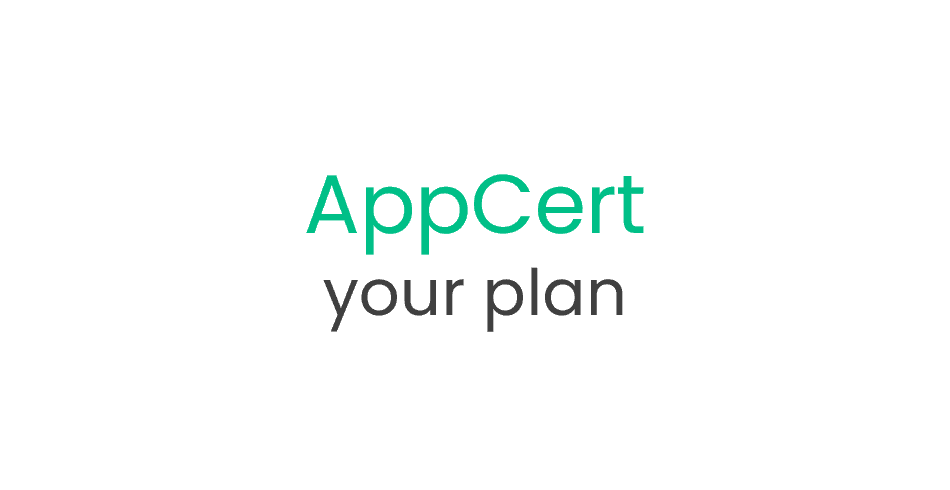What is flow? It’s (scientifically speaking) a subjective state characterized by immersion in and engagement with one’s current activity. It enhances learning, increases productivity, fosters talent, and improves objective measures of skills. In addition, it makes you more positive and the absence is associated with depression.
When are you in the flow?
- You fix up your old bike and forget to have lunch. You are then in your flow.
- You’re painting the barn and forgetting to drink. You are then in your flow.
- You’re busy with your work and all of a sudden it’s 5:00 p.m. You are then in your flow.
Flow provides motivation, inspiration and involvement, so it would be nice if you knew the ingredients that provide the flow. Now pay attention!
Mathematical formula
Scientists have come up with a mathematical formula that represents this state of flow.
This formula can be applied, from developing artificial intelligence in machines to personal coaching for humans.
“Our theory says that the more informative a substance is, the more flow a person will experience while performing it,” says social psychologist David Melnikoff of Northeastern University in Massachusetts.
Stephen Covey already had an idea of this through one of his 7 habits: start with the end in mind.
There are three variables in this formula: M (the means, the activity that should lead to an end), E (the end point, the outcome) and I (the information, the extent to which the activity removes the uncertainty to achieve the goal).
In summary, that looks like I(M;E). The researchers say that our flow is at its maximum when the mutual information we have about how the means will affect the ends is greatest – in other words, when we know more about how our actions will affect our goals.
An example
Suppose you want to lose weight and you want to achieve that by running. Then it helps if you know exactly how much you need to run to lose 1 kilo. You will then be more involved in the activity and get into the flow sooner, according to the psychologists. This research shows that when you set clear goals with measurable actions, you work better, feel involvement, are motivated and that you get into your flow.
Hapinness
Flow also increases happiness. As described earlier in this blog, you can learn happiness and you can now speed this up by applying the above formula.
Blog
Through our blog we regularly publish new articles about innovations and developments that have an impact on the professional and organization: check out our blog page
In this blog we will discuss the new employee of Generation Z, this is a generation that seeks balance in work and private life and that wants to contribute to a purpose.
